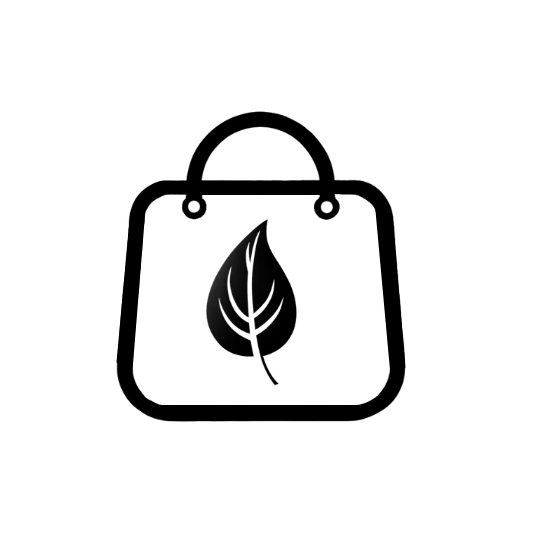
The first weeks with baby
Girls, take it easy!
Five honest pieces of advice for the postpartum period
The first days and weeks with a newborn are by far the most exciting, beautiful, and intense of your life. We've put together some truly well-intentioned and honest tips from first-hand moms on how you can enjoy the early days with your baby even more.
1: Stop the rush of visitors
When you have a baby, you immediately realize how many people you know. Everyone wants to come and visit to get to know the new arrival – ideally in the first few days. As much as you are touched by the joy of the new addition to the family, you shouldn't be afraid to put off visitors until later. In the first three weeks, it's perfectly fine if only close relatives and friends (depending on how you feel about it yourself) welcome the baby. You're also not being a bad hostess if you don't invite visitors for coffee and cake and finger food. So please take this to heart: too many or too much visitors just means stress and prevents you from fully enjoying the early days with your baby.
2: Give yourself a break when your baby is sleeping
Even though many mothers are tired of hearing this advice, there is some truth to it. Of course, in theory it doesn't always work out that you'll fall into a deep sleep as soon as your baby closes its eyes. In addition, newborns usually take lots of short naps throughout the day and night, rather than sleeping for several hours at a time, which makes it difficult to really recover. Nevertheless, sometimes even a short break can work wonders, and especially during the first few days at home, you should just "let things go." And anyway, there's nothing better than keeping your sleeping baby company with a cozy nap on the couch.
3: Breastfeeding – Don’t drive yourself crazy
All beginnings are difficult – and for many mothers, starting to breastfeed can be a real challenge. Inflammation, blocked milk ducts, a crying baby that just can't seem to get enough to eat. Then there's the hormonal changes, which completely turn your emotional world upside down. All perfectly normal! It often just takes some time for mother and baby to find a rhythm and for the body to adjust to the new task. When that time comes, you'll be very glad you didn't give up. A midwife or a specialist lactation consultant can be a great help with breastfeeding problems. However, it's important to trust your own instincts.

4: Accept help sometimes
During the postpartum period, rest, relaxation, and getting used to your baby should be your top priority. Therefore, please accept any offer of help from friends and family—whether it's cooking a meal, doing the shopping (just don't forget the cookies!), or just tidying up a bit around the apartment. It's equally important to have a midwife on hand during the postpartum period. She will not only monitor the health of mom and baby but also offer a lot of important advice, for example on breastfeeding. Your health insurance will cover daily care from a midwife for the first ten days after birth, as well as a further 16 visits in the first eight weeks, as needed. This service is definitely worth taking advantage of, especially with your first baby.

5: Prepare paperwork
The birth of a baby involves many formalities and administrative procedures. Even though you need the child's birth certificate for almost all applications, you can prepare a lot during pregnancy and avoid stress in the first few days after the birth. It's advisable to complete applications for maternity and parental allowance as much as possible in advance, so that later only minor details need to be entered and individual documents attached. Unmarried couples can also arrange for paternity acknowledgment before the birth, saving valuable time after the birth of the child.






Leave a comment
This site is protected by hCaptcha and the hCaptcha Privacy Policy and Terms of Service apply.